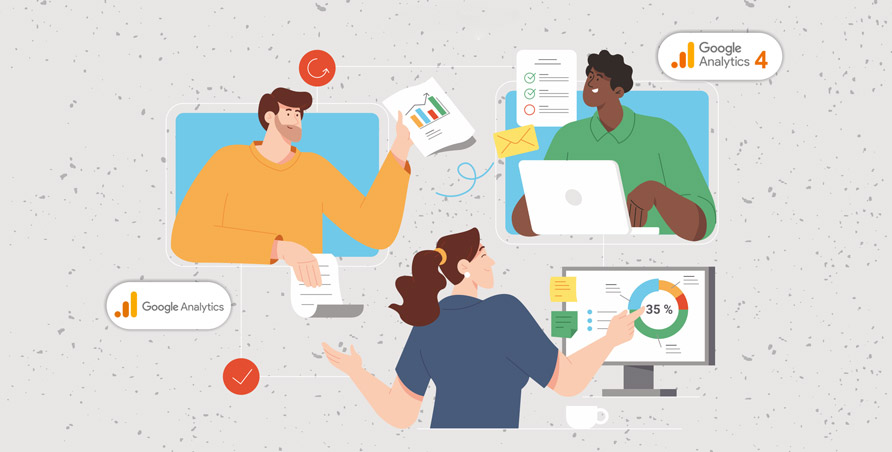
Analytics and Reporting: Unleashing Data-Driven Insights for Business Success
In today’s data-driven world, businesses have access to an abundance of information that can shape their strategies, optimize performance, and drive growth. Analytics and reporting play a crucial role in harnessing this data, providing valuable insights that enable businesses to make informed decisions and achieve their goals. In this article, we will explore the significance of analytics and reporting and how they empower businesses to unlock their full potential.
What is Analytics and Reporting?
Analytics refers to the systematic analysis of data to uncover meaningful patterns, trends, and insights. It involves gathering, organizing, and interpreting data to gain a deeper understanding of various aspects of a business, such as customer behavior, website performance, marketing campaigns, and more. Reporting, on the other hand, involves presenting the analyzed data in a clear, concise, and visually appealing format to facilitate decision-making and communication.
How Analytics and Reporting Help Businesses:
- Data-Driven Decision Making: Analytics and reporting provide businesses with the tools to make informed, data-driven decisions. By analyzing various data sets, businesses can gain insights into customer preferences, market trends, and performance metrics. This enables them to identify areas for improvement, optimize strategies, and allocate resources effectively.
- Understanding Customer Behavior: Analytics helps businesses gain a deep understanding of customer behavior and preferences. By analyzing data such as website traffic, click-through rates, conversion rates, and user demographics, businesses can identify patterns and trends. This information allows them to tailor their offerings, improve customer experiences, and drive customer satisfaction and loyalty.
- Optimizing Marketing Strategies: Analytics and reporting enable businesses to evaluate the effectiveness of their marketing campaigns and channels. By tracking key metrics such as impressions, click-through rates, conversion rates, and return on investment (ROI), businesses can identify which marketing strategies are yielding the best results. This allows them to allocate their marketing budget wisely, optimize campaigns, and maximize their marketing efforts.
- Improving Operational Efficiency: Analytics and reporting provide insights into operational processes, allowing businesses to identify bottlenecks, inefficiencies, and areas for improvement. By analyzing data related to production, supply chain, customer service, and resource utilization, businesses can optimize their operations, reduce costs, and enhance overall efficiency.
- Measuring and Tracking Performance: Analytics and reporting provide businesses with the means to measure and track their performance over time. Key performance indicators (KPIs) such as revenue, sales growth, customer acquisition costs, and customer lifetime value can be tracked and monitored. This allows businesses to assess their progress, set goals, and make adjustments to achieve optimal performance.
- Identifying Market Trends and Opportunities: Analytics helps businesses stay informed about market trends, industry developments, and customer preferences. By analyzing external data sources, such as market research reports and social media trends, businesses can identify emerging opportunities and adapt their strategies accordingly. This allows them to stay ahead of the competition and capitalize on market trends.
- Enhancing Customer Experience: Analytics and reporting enable businesses to gain insights into customer feedback and sentiments. By analyzing customer reviews, surveys, and social media interactions, businesses can understand customer preferences, pain points, and expectations. This information can be used to tailor products, services, and experiences, ultimately enhancing customer satisfaction and loyalty.
Conclusion:
Analytics and reporting have become essential components of modern business strategies. By harnessing the power of data, businesses can gain valuable insights, make informed decisions, and drive growth. Analytics and reporting facilitate data-driven decision making, provide a deep understanding of customer behavior, optimize marketing strategies, improve operational efficiency, and track performance. Embrace the power of analytics and reporting to unlock the full potential of your business and gain a competitive advantage in today’s data-rich business landscape.